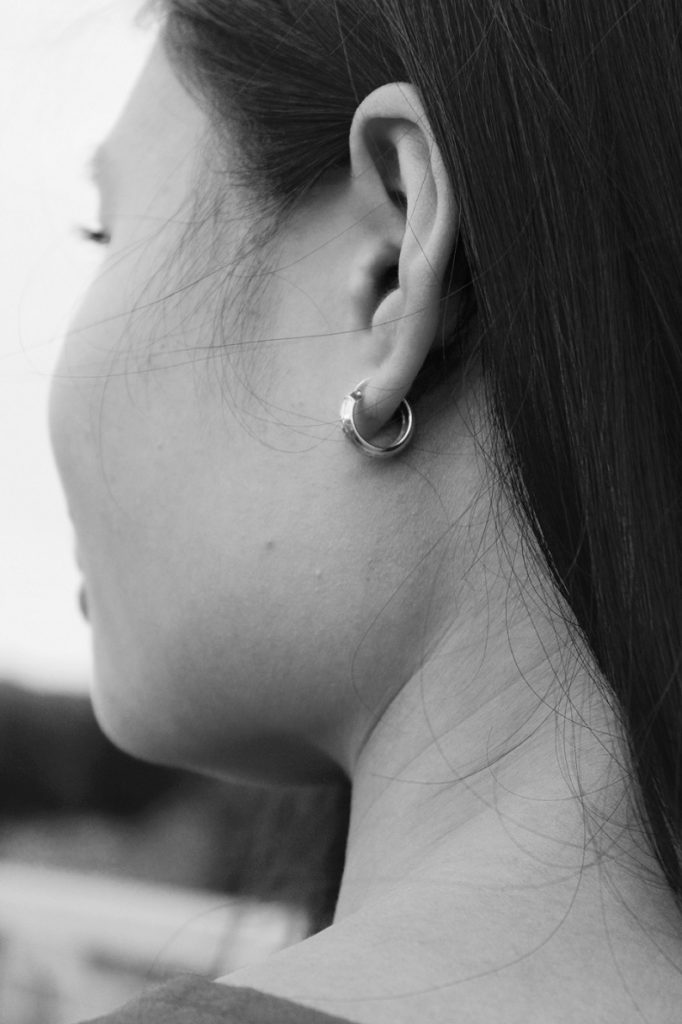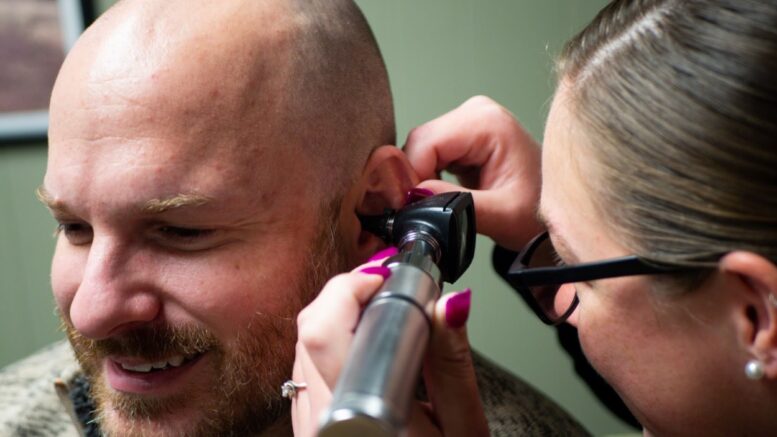When you hear unusual sounds like popping, clicking, or crackling in your ear, it’s normal to feel a bit concerned. Understanding these sounds and their potential causes can provide peace of mind or prompt you to seek medical attention when necessary.
Understanding Ear Sounds
Ear sounds, such as popping, crackling, or even a bubble-like noise, can often be a cause for concern. However, it’s important to understand that these noises are usually normal and often a result of actions like yawning, swallowing, or ear pressure changes. But if you find these sounds persistent, it could indicate conditions like tinnitus, earwax blockage, or Eustachian tube dysfunction. Thankfully, there are several remedies for bubble-popping noise in the ear. Over-the-counter decongestants, ear drops containing carbamide peroxide or hydrogen peroxide, and home remedies like the Valsalva maneuver can help alleviate symptoms.
Common Causes of Popping, Clicking, or Crackling in the Ear
There are several common causes of popping, clicking, or crackling sounds in the ear. One of the most common causes is Eustachian Tube Dysfunction. The Eustachian tube is a small passageway that connects your throat to your middle ear. When this tube becomes blocked or opens and closes improperly, it can cause sounds like popping or clicking in the ear. This can often occur during a cold, sinus infection, or an episode of allergies when the Eustachian tube becomes inflamed or congested.
Another common cause is Temporomandibular Joint Disorders (TMJ). These disorders affect the joint that connects your jaw to your skull. When you have TMJ, you may hear a clicking or popping sound when you chew, talk, or yawn. This is due to the displacement of the cartilage disc in the TMJ, causing it to make these sounds.
Sinusitis or nasal allergies can also lead to these ear sounds. Inflammation or congestion in the sinuses can cause pressure changes in the ear, leading to crackling or popping sound.
Earwax build-up is another common cause. Our ears naturally produce wax to protect the ear canal. However, when too much wax accumulates, it can become hard and block the ear, leading to various sounds, including popping and crackling.
Lastly, a middle ear infection known as otitis media can cause these sounds. This happens when fluid builds up behind the eardrum due to bacteria or viruses, causing inflammation and infection. This fluid can create a feeling of fullness and sounds like popping or crackling in the ear.

When to be Alarmed: Serious Conditions that Might Cause Ear Sounds
While most causes of ear sounds are harmless, some serious conditions could be responsible:
- Meniere’s Disease: This involves a buildup of fluid in the inner ear, causing vertigo, tinnitus, and hearing loss.
- Tinnitus: Characterized by a constant ringing in the ears, tinnitus can also present as clicking or crackling sounds.
- Acoustic Neuroma: This noncancerous growth on the nerve that connects your ear to your brain can cause a range of ear sounds.
- Ear Drum Perforation: A hole or tear in the eardrum can cause a crackling sound, along with pain and possible hearing loss.
Always remember, if you’re in doubt about your symptoms, it’s better to err on the side of caution and consult a healthcare professional.
Symptoms That Require Immediate Medical Attention
Certain symptoms in conjunction with ear noises should not be ignored and require immediate medical attention. If you’re experiencing severe ear pain, this could indicate a serious infection or damage to the ear structures. A sudden loss of hearing might be a sign of sensorineural hearing loss, which is often irreversible and needs immediate treatment. Dizziness or balance issues could signify problems with your inner ear or a neurological disorder. Additionally, if you have a fever or other signs of infection such as redness, swelling, or discharge from the ear, it’s crucial to seek medical help promptly. These symptoms could indicate a middle ear infection or other serious conditions that could potentially lead to complications if left untreated.
Diagnosis and Treatment Options
Diagnosis of the cause of ear sounds often begins with a thorough medical history and physical examination by a healthcare provider. This may include an otoscopic exam, where the doctor looks inside the ear with a special instrument. Depending on the suspected cause, further tests such as an audiogram (hearing test), tympanometry (which measures how well your eardrum moves), or imaging studies like CT or MRI scans may be required. Once a diagnosis is made, treatment options can be explored. These may range from simple solutions like earwax removal or OTC medications for allergies to more complex treatments such as surgery for conditions like acoustic neuroma. For some patients, sound therapy or cognitive-behavioral therapy might be recommended to help manage conditions like tinnitus. Understanding the diagnosis and treatment options is crucial in effectively managing and potentially resolving ear sounds.
Tips for Preventing and Managing Ear Sounds
Here are some tips to prevent and manage ear sounds:
- Keep your ears clean and dry to prevent infections and wax build-up.
- Avoid exposure to loud noises to prevent damage to your ears.
- Manage allergies to avoid sinus inflammation that can affect your ears.
- Schedule regular check-ups with an audiologist to ensure your ears are in good health.
Conclusion
In conclusion, while popping, clicking, and crackling sounds in your ear can be unsettling, they’re often harmless. However, if these sounds persist or are accompanied by other symptoms, it’s important to seek medical advice. Remember, early detection and treatment of any condition can significantly improve outcomes. So, keep an ear out for your ears!
